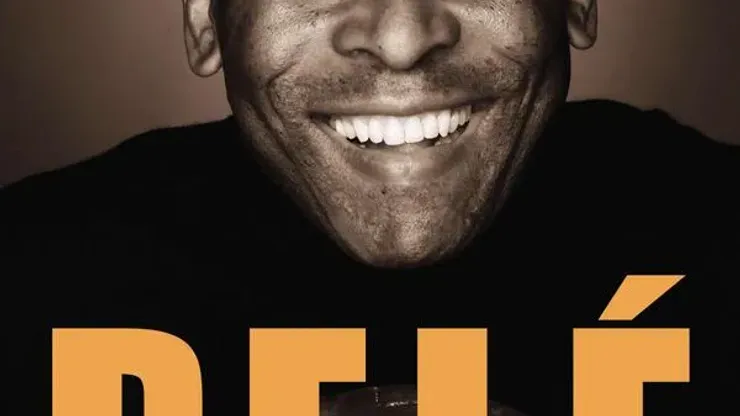For many years soccer, Brazil and Pele have been linked in the mind of many around the world. You could say that for certain generations, they were the three hearts of the sport. When Pele was born in the Brazilian town of Tres Coracoes (Three Hearts) in 1940, his parents named him Edson Arantes Do Nascimento in honor of inventor Thomas Edison. They forgot the letter ‘I’. He certainly puts that missing letter into his latest book Why Soccer Matters. In this pleasant book, he takes the reader on a very personal journey as he travels the years of the game from 1950 until the present. He has shone brightly on many stages, but on no other stage as brilliantly in the eyes of the world as in the World Cup.
The book is best read as a biography rather than as a deep look into the impact of why soccer truly matters. Even a cursory comparison tells you that it is not as deep a book than his original autobiography, Pele, which came out just eight years ago.
He addresses some controversies that have arisen during his years in the spotlight, but very few are surprising. For example, when Brazil bid for the World Cup in 1994, he says that he believed it should go to the United States, not only because of Brazil’s economic turmoil, but because the sport was still so uncertain in America. While his Cosmos years are covered, and his role in ‘introducing’ soccer to the United States is highlighted, no mention is made of Pele’s connection with the resurrection of the team on Long Island. He also puts the lightest of touches on the issue of whether or not Brazil can afford to host the 2014 World Cup.
His parents receive a glowing treatment, but if there is one person in the book that stood out beyond Pele himself, it was the captain of the Brazil team, Waldyr Pereira (aka ‘Didi’). There is a nice passage when he writes of the goal that put Sweden ahead in the 1956 final: “After that first Swedish goal, it was Didi – of course – who picked up the ball and walked very slowly with it back to midfield, speaking very calmly to each Brazilian player he passed along the way. “Very good, that’s over!” Didi said cheerily. “Time for us now!””
That paragraph in a way sums up the sweetness of the book that begins with Brazil’s loss to Uruguay in 1950, and ties up neatly with Brazil hosting the World Cup in 2014. Pele views that loss in 1950 as something that brought the whole country of Brazil together for the first time. He even quotes the journalists who compared it with Hiroshima or the assassination of President John F. Kennedy. It seems an extreme parallel, but one that he clings to throughout the book as the primary motivator of Brazil’s unification as a nation. He even goes so far as to imagine what would happen if those two teams meet in this year’s final.
Why Soccer Matters To Me might have been a better title for this journey from child to star, from star to ambassador, and from ambassador to elder statesman. The chapters are short, easily digested, and the book is a quick, untaxing read. On the whole it is a nice introduction to Pele, and through his eyes, to the global phenomenon that is the World Cup.
Pele, Why Soccer Matters is available from Amazon and all fine booksellers.
200+ Channels With Sports & News
- Starting price: $33/mo. for fubo Latino Package
- Watch Premier League, Women’s World Cup, Euro 2024 & Gold Cup
The New Home of MLS
- Price: $14.99/mo. for MLS Season Pass
- Watch every MLS game including playoffs & Leagues Cup
Many Sports & ESPN Originals
- Price: $10.99/mo. (or get ESPN+, Hulu & Disney+ for $14.99/mo.)
- Features Bundesliga, LaLiga, Championship, & FA Cup
2,000+ soccer games per year
- Price: $5.99/mo
- Features Champions League, Serie A, Europa League & Brasileirāo
175 Premier League Games & PL TV
- Starting price: $5.99/mo. for Peacock Premium
- Watch 175 exclusive EPL games per season






